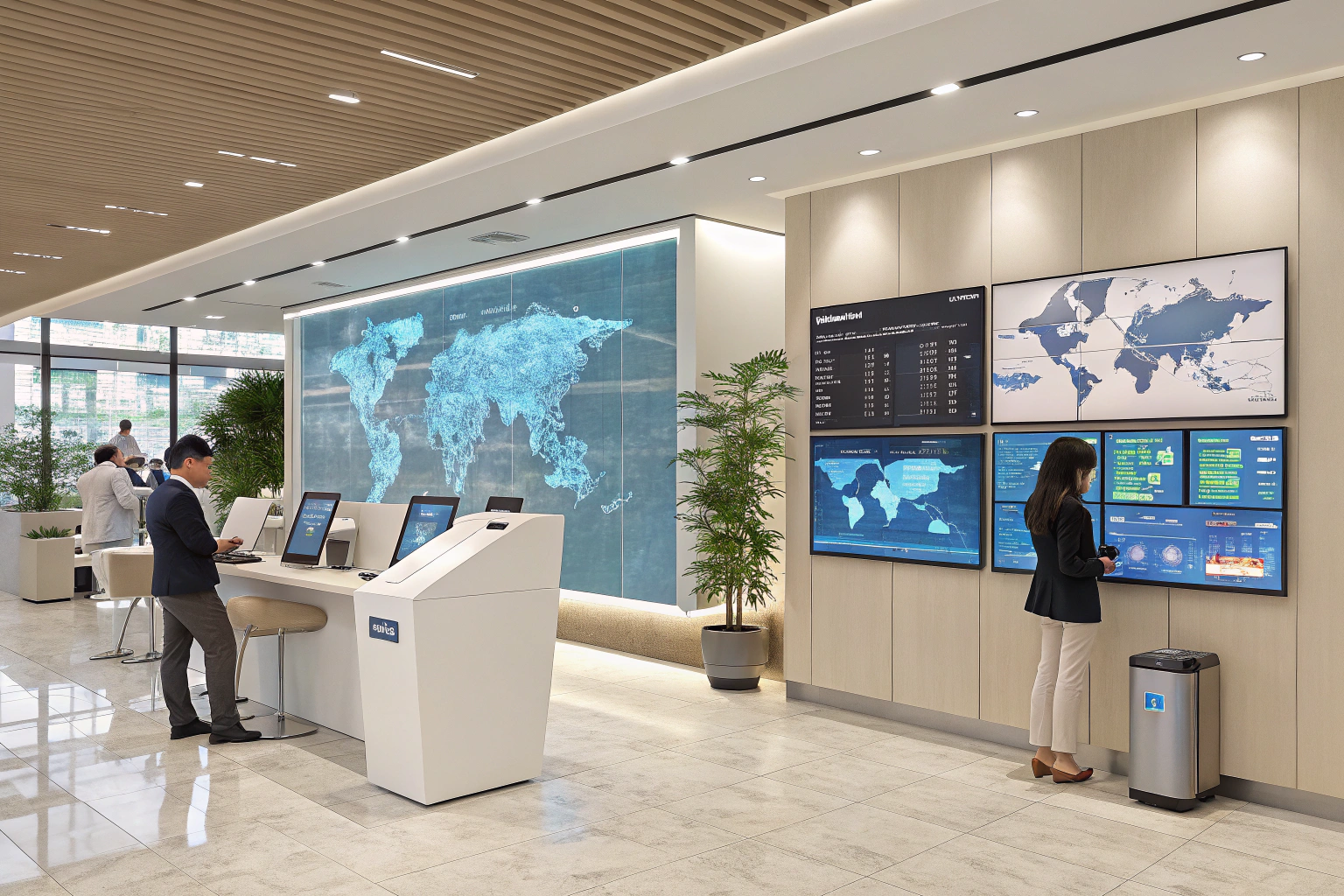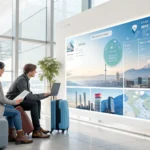- wp-user-a0hy
- 0 Comments
- 696 Views
Travel agencies are facing increased pressure to cut costs while enhancing customer experience. By leveraging AI tools and automation, agencies can streamline operations, reduce expenses, and boost profitability. This article explores how AI-driven solutions can transform the travel industry for better performance.
Understanding Cost Challenges in Travel Agencies
Travel agencies today face several cost challenges. The competition is fierce. With many options available, customers often expect lower prices. This pressure makes it tough for agencies to maintain profit margins.
Rising operational expenses add to the strain. Rent, salaries, and utilities continue to climb. Agencies must work harder to keep their budgets in check. At the same time, they have to invest in technology to stay relevant. Failing to do so could mean losing customers to those who offer better online experiences.
Evolving customer expectations also play a huge role. Travelers now want services that fit their needs perfectly. They seek personalized experiences, fast responses, and support around the clock. Meeting these demands requires resources that can be difficult to manage.
These challenges can hurt profitability. Increased costs and changing customer needs leave little room for error. Agencies must find new ways to operate efficiently. Innovation is not just a luxury; it’s essential for survival. Embracing fresh solutions can lead to improved financial health in this tough environment.
The Role of AI in Streamlining Operations
AI tools can change how travel agencies run their daily operations. Many tasks in travel agencies are repetitive, like booking flights or sending confirmation emails. AI can take over these tasks, saving time and money. With automation, agencies can focus on bigger projects that boost their business.
For example, generative AI can help create personalized travel itineraries quickly. This means agents don’t have to start from scratch every time. They can give customized suggestions to clients based on their preferences. This not only saves time but also makes customers feel valued.
Personal assistants powered by AI can manage schedules and handle customer inquiries. Instead of agents answering the same questions repeatedly, the assistant can provide answers instantly. This improves response time and keeps customers happy.
Using AI tools like these can cut down on labor costs and reduce human error. Agencies can streamline their workflows and improve efficiency. With less time spent on basic tasks, staff can provide better service and focus on growing the business.
Implementing AI Automation Solutions
Implementing AI automation solutions can transform travel agencies. To start, focus on user-friendly platforms that support automation. Tools like Make.com and n8n allow anyone to set up workflows without needing advanced tech skills. Begin by identifying repetitive tasks within your agency. Examples include booking confirmations, customer inquiries, and itinerary generation. Use automation to handle these tasks quickly.
Next, think about custom software solutions. Tailor your tools to fit the needs of your agency. This can improve overall efficiency and better serve your customers. A responsive web design is also important. It ensures your website works well on any device. Travelers often access services on mobile phones. Make it easy for them to book trips or find information.
Finally, regularly review your automation processes. Check if they are saving time and money. Ask for feedback from customers and your team. Modify your approach based on what you learn. This helps to keep operations efficient and reduces costs over time. Implementing these solutions will set your agency up for success.
Measuring the Impact of AI on Cost Reduction
Measuring the impact of AI in travel agencies is vital for understanding its value. Start by looking at cost savings. Track expenses before and after AI adoption. This includes reductions in staffing costs, overhead, and wasted resources. Improved efficiency is another key area. Measure how much faster tasks are completed. Use metrics like booking time or response time for customer inquiries.
Customer satisfaction is equally important. Gather feedback through surveys and reviews. High satisfaction often leads to repeat business and referrals, which can boost revenue. Keep an eye on customer retention rates, as these metrics show how well AI meets client needs.
Set clear goals for what you want to achieve with AI. Regularly review these goals and metrics. If something isn’t working, don’t be afraid to change your approach. Adapt to new data and trends in the travel industry. Continuous improvement ensures that AI remains effective over time. Your agency can stay competitive and relevant by making necessary adjustments based on what you measure.
Final words
Incorporating AI into travel agencies can significantly reduce costs while enhancing operational efficiency. By utilizing innovative tools, agencies can stay competitive and deliver exceptional customer experiences. Embrace AI for a profitable future.





